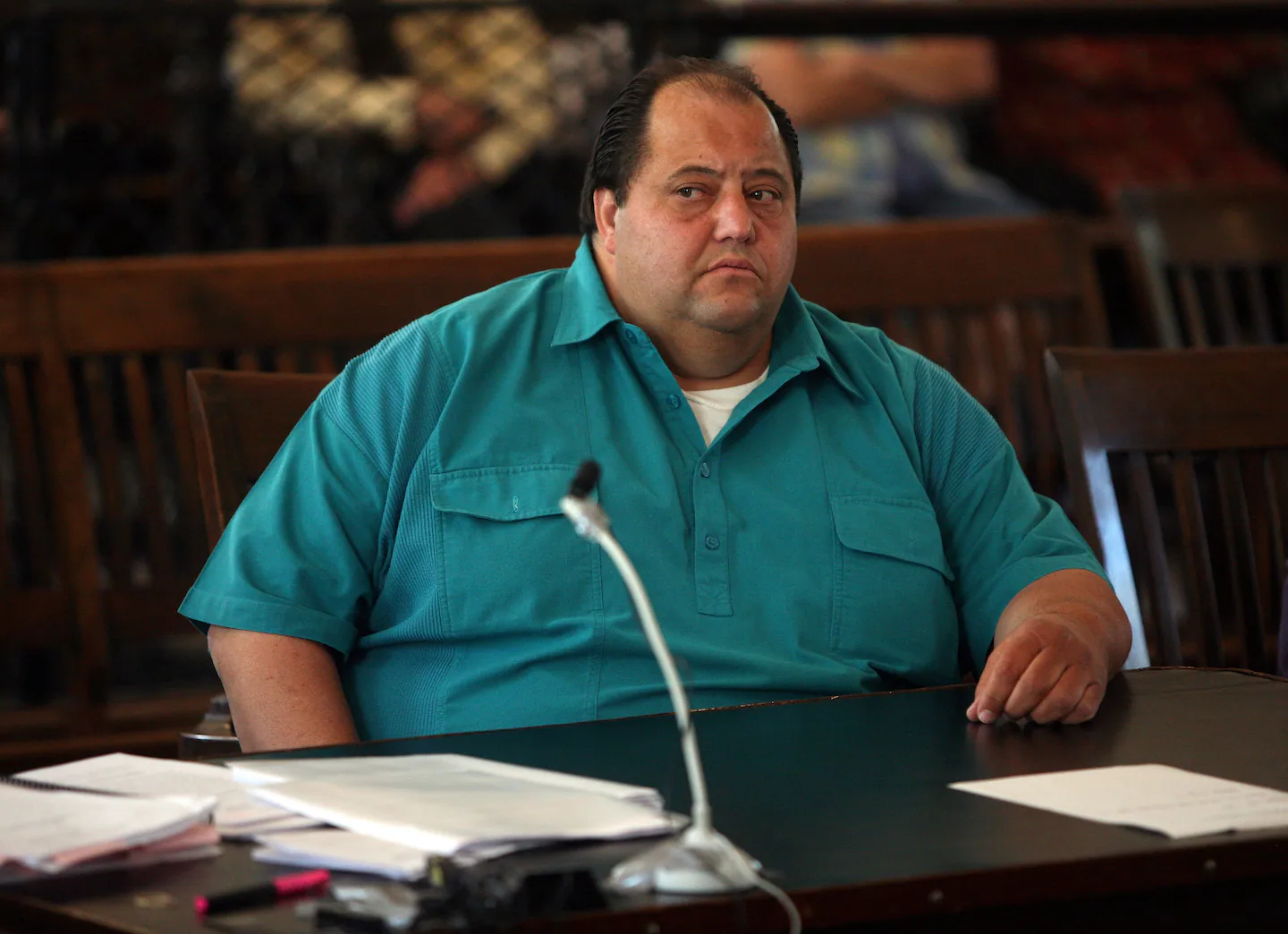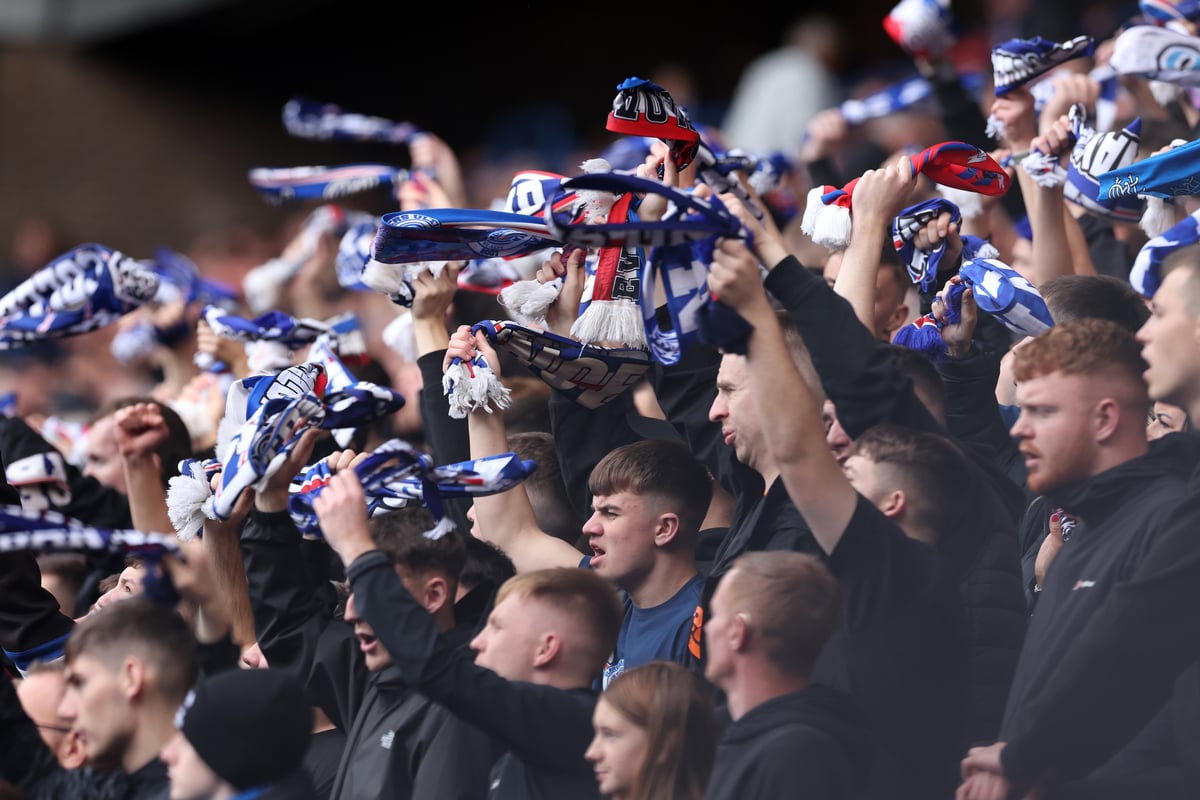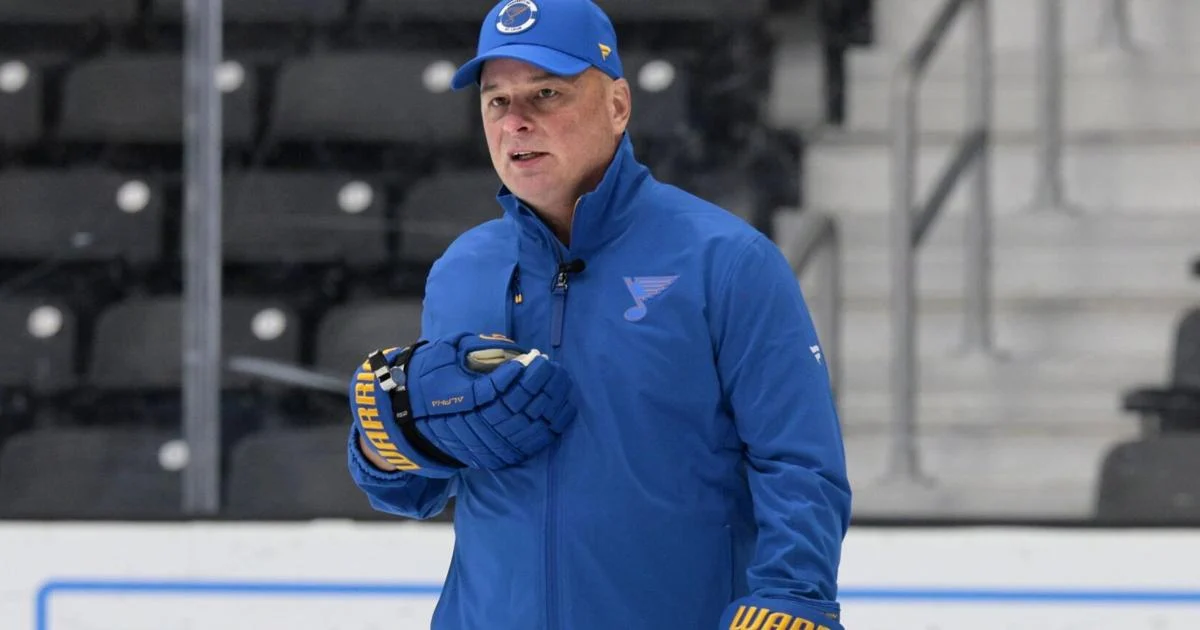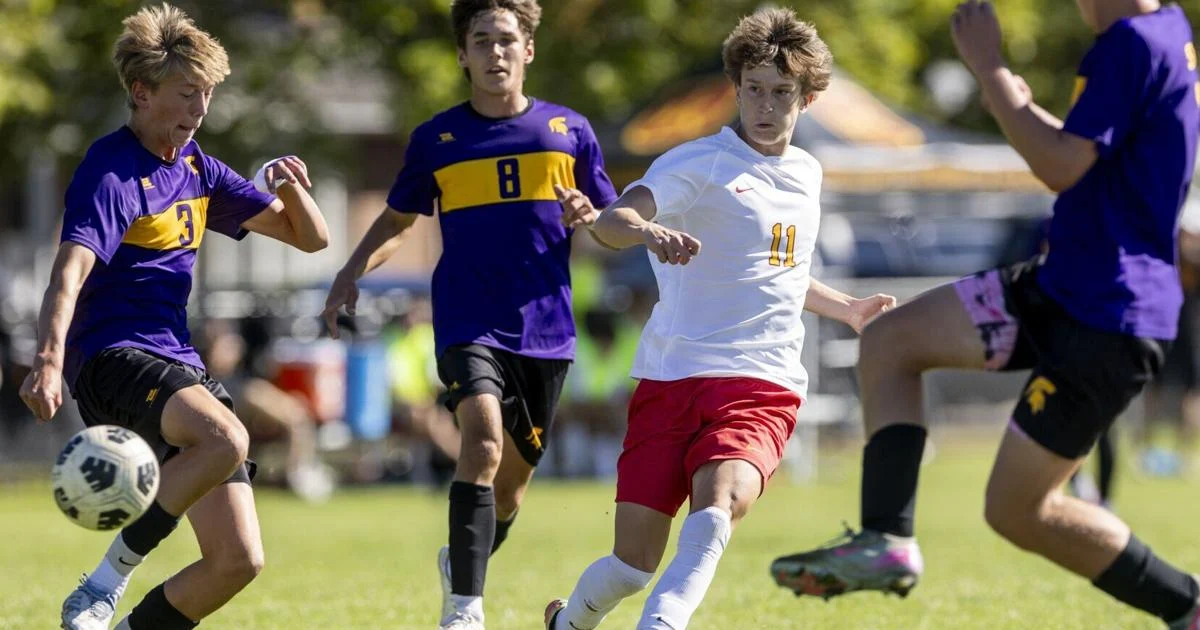
Still, he held his own in a declining industry under intense pressure from law enforcement and, unlike so many in his line of work, never ratted anybody out to save himself.
For much of the last century, before the Pawtucket Red Sox moved to Worcester, Boston and Providence had an inverse relationship when it came to baseball and wiseguys.
Boston had the Major League Baseball team, and the minor league team was in Rhode Island. But when it came to the Mafia, the roles reversed, the real power resting in the Federal Hill section of Providence, while Boston’s wiseguys were second tier, rooted in the North End.
They called DiNunzio “the Cheeseman,” not because of his considerable girth, but because he ran a cheese shop on Endicott Street in the North End. He also had a tobacco shop in East Boston, where he grew up.
But the feds say that was just a front, that DiNunzio was long involved in the rackets and that by the early 2000s, he controlled gambling, extortion, and loansharking for the Mafia in Boston.
Jerry Angiulo, one of DiNunzio’s predecessors, was a preening, iron-fisted Mussolini-like dictator who had malcontents and potential stool pigeons dispatched with bullets to the head, harangued bookies who didn’t make quota, and treated underlings and law enforcement agents with equal disdain. DiNunzio was a kinder, gentler underboss.
Jerry Angiulo couldn’t get through a sentence without a threat or a curse. Carmen DiNunzio was more a conciliatory, diplomatic character, according to his longtime lawyer, Anthony Cardinale, who also happened to be Jerry Angiulo’s longtime lawyer.
“Carmen was a gentleman,” Cardinale told me Wednesday. “He was well-read, a great conversationalist. And he was very loyal to his family.”
Cardinale was talking about DiNunzio’s biological family, not his other family, the criminal organization known as La Cosa Nostra. DiNunzio was loyal to that family as well.
For much of his life, he lived on the second floor of a two-family home in Orient Heights, and his mother, Anna, lived on the first floor. His mother died just weeks before he did, Cardinale said.
When he became underboss, DiNunzio inherited a business model that was a shell of its former self, in Boston and beyond. Legal, state-run lotteries such as Massachusetts’ had killed the Mafia’s golden goose: the number.
He took over a declining business even as his health declined. He was morbidly obese, the first Boston Mafia leader whose health was more at risk from bad cholesterol than bad actors.
Even the cops who targeted him looked at DiNunzio without the animus they reserved for gangsters such as Angiulo, who treated them with open contempt.
A local TV station captured a telling scene as a state trooper escorted DiNunzio into a courthouse after he was arrested on an extortion and sports betting charge in 2006. DiNunzio’s pants were slipping down as he negotiated the courthouse steps, and shackled as he was, he could do nothing to stop what would have been a humiliation captured by TV cameras. He asked the trooper to pull his pants up, and the obliging trooper did him a solid.
Cardinale said that moment captured the difference between DiNunzio and others in that world.
“He lived by the real rules,” Cardinale said. “If you weren’t part of that world, he treated you like he would like to be treated.”
Still, some law enforcement agents would wince when people talked about how nice DiNunzio was.
They noted his brother, who had a fearsome reputation, was always lurking in the background, which allowed him to play Mr. Nice Guy. He was, they’d remind me and anybody else who asked, a criminal and part of a sophisticated criminal enterprise that used violence and intimidation, that some people who interacted with that enterprise got hurt.
In July 2009, on the day DiNunzio pleaded guilty to delivering a $10,000 bribe to an undercover FBI agent posing as a state official as part of a conspiracy to secure a multimillion-dollar Big Dig contract, I was on the elevator at the federal courthouse with DiNunzio and Cardinale as we headed up to Judge William Young’s fifth-floor courtroom.
When we got off the elevator, I complimented DiNunzio on his recent weight loss.
“Thank you,” he said. “I’m trying.”
As we parted that day, Cardinale added this: “Carmen’s the nicest guy in the world.”
And I suppose that’s a good thing if you’re, say, a dentist or a mailman.
But when you’re supposed to be running the Mafia, it seems like it would be bad for business if everybody’s going around town saying how nice you are.
Carmen DiNunzio spent five years in prison for that extortion and bribery rap, but he didn’t give anybody up, and Cardinale said the feds and staties didn’t even ask him to become a government witness because they knew he would never consider it.
“Carmen was old school,” Cardinale said.
He was, indeed. But that school is closed now, boarded up, never to open again.



